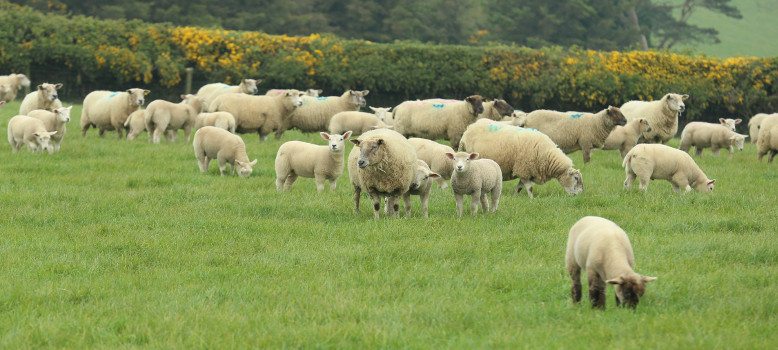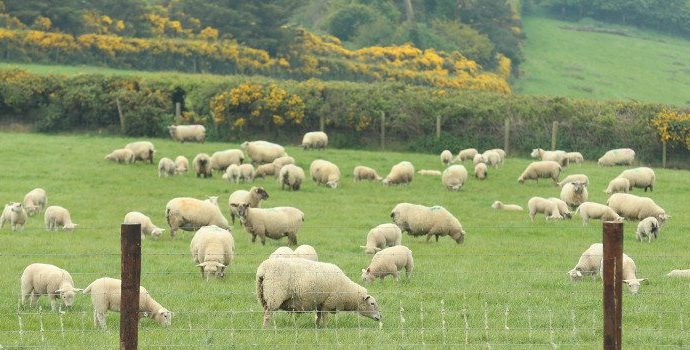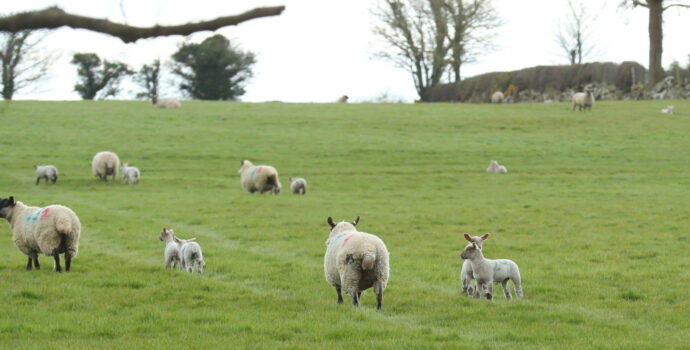IFA Meets Minister Creed on Electronic Tagging

An IFA National Sheep Committee delegation, led by President Joe Healy, met with Minister for Agriculture Michael Creed and his Department officials this week on electronic tagging.
The meeting followed the decision by the Minister to impose compulsory EID on all sheep from October 1st 2018.
Joe Healy said there was a robust exchange of views at the meeting, and the IFA made it very clear to Minister Creed that sheep farmers are very angry at an extra €2m in annual costs being forced on farmers.
Joe Healy said Minister Creed accepted that the costs associated with EID are a major issues for sheep farmers and that this must be resolved. He said Minister Creed also agreed to fully engage with the IFA on the issue and requested a submission from the Association on the matter.
IFA National Sheep Chairman Sean Dennehy said the IFA told Minister Creed sheep farmers cannot be expected to carry all of the costs for EID, when the main benefits go to the factories, the marts, the Department and tag manufactories. He said IFA pushed hard on the issue of forcing farmers to put an EID tag into lambs going directly from the farm of origin to slaughter. “This makes no sense and will not add to traceability,” he said.
Sean Dennehy said IFA made a detailed submission on EID to the Department back in August 2015. He said the IFA National Sheep Committee is meeting tomorrow, Friday, and will be making a submission to the Minister as he requested.
The IFA Sheep farmer leader said it is clear from the announcement last week that the process has not been fully thought through, particularly on the timing and the practical implementation at farm, factory and mart level. In addition, he said the Department confirmed that they are not moving to introduce a full sheep database with EID.
Sean Dennehy said IFA raised a large number of issues on EID with Minister Creed including the excessive costs on farmers, lack of consultation, the timing, the use of tags already purchased, the elimination of detailed movement documents through the use of CPR at factories and marts, the need to increase tolerances and reduce penalties, market access issues, the elimination of unfair scrapie and SRM charges by the factories, and the need for increased supports for the sheep sector.




